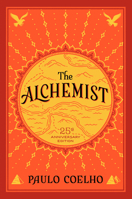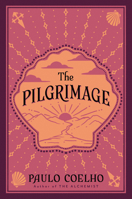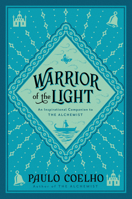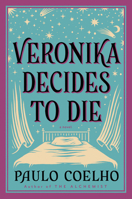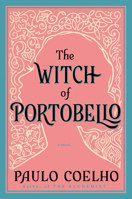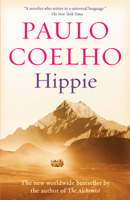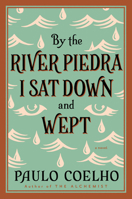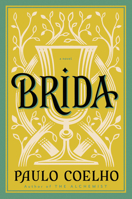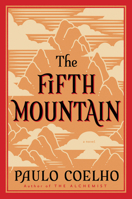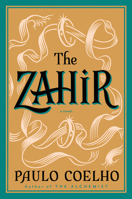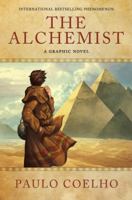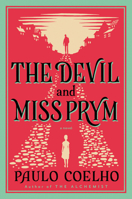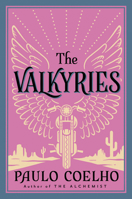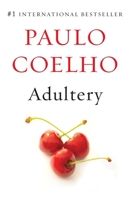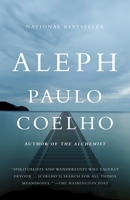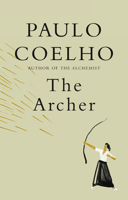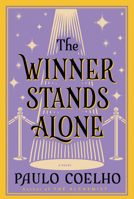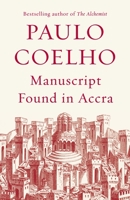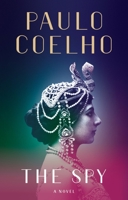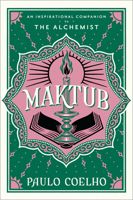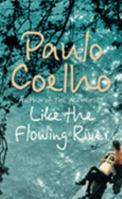Onze minutos
Select Format
Select Condition 
Book Overview
Customer Reviews
Rated 5 starsWunderbar einfühlsam geschrieben, aber nichts für prüde Menschen
In Wikipedia kann man eine recht gute Zusammenfassung des Buches nachlesen (spoiler alert!!!). Coelho hat hier eine - auch in der Übersetzung - wunderschöne Geschichte geschrieben. Nur Vorsicht: Da er sich wirklich an Tabu- und andere nicht ganz so einfache Themen wagt, ist es nichts für prüde Gemüter (liegt wohl an der Materie, schließlich wählt die Hauptakteurin an einem Zeitpunkt in ihrem jungen Leben die Prostitution,...
1Report
Rated 5 starsDefinetely not a child pornography novel
In Response to Kosovar in New York: Sex is merely the vehicle Coelho is using to prove his points and most of them (or at least one of them) isn't/aren't as lewd as you think it is. Sex is humans' mean to intimacy and "oneness", either with God or the person you love. The description of Maria's early sexual exploration in the beginning of the novel wasn't to stir any arousal within us. If one really understood the intentions...
2Report
Rated 5 starshermosa historia
ya con saber de quien viene es una garantia, pero siento que es uno de los mejores de este autor. Preciosa historia de amor y de como se pueden vencer los obstaculos cuando uno asi lo desea, facilisimo de leer y por supuesto que lo terminas rapidisimo, no lo puedes soltar!! para mi es uno de esos libros que vale la pena reeleerlos pasado un tiempo
1Report
Rated 5 starsErase una prostituta llamada María...
Coelho es un autor que he tenido la fortuna de haber leido desde sus primeros libros, cuando escribia desde un mundo de sueños, casi "new age". Pero en sus más recientes tres libros (este incluído) su estilo se ha vuelto más realista... sin dejar de ser soñador y seguirnos invitando a soñar, su prosa ha dejado de ser menos acerca de relatos un tanto distantes con los cuales uno puede soñar, pero cuesta un tanto más relacionarse...
1Report
Rated 5 starsHermoso libro
Es mejor que "El Alquimista" solo que en manera distinta. Es un libro adulto pero muy bien escrito. Realmente hace que uno piense que las diferentes situaciones que no trae la vida, en el amor, en la distancia, en la nostalgia. Un libro excelente en todo el sentido de la palabra.
0Report













